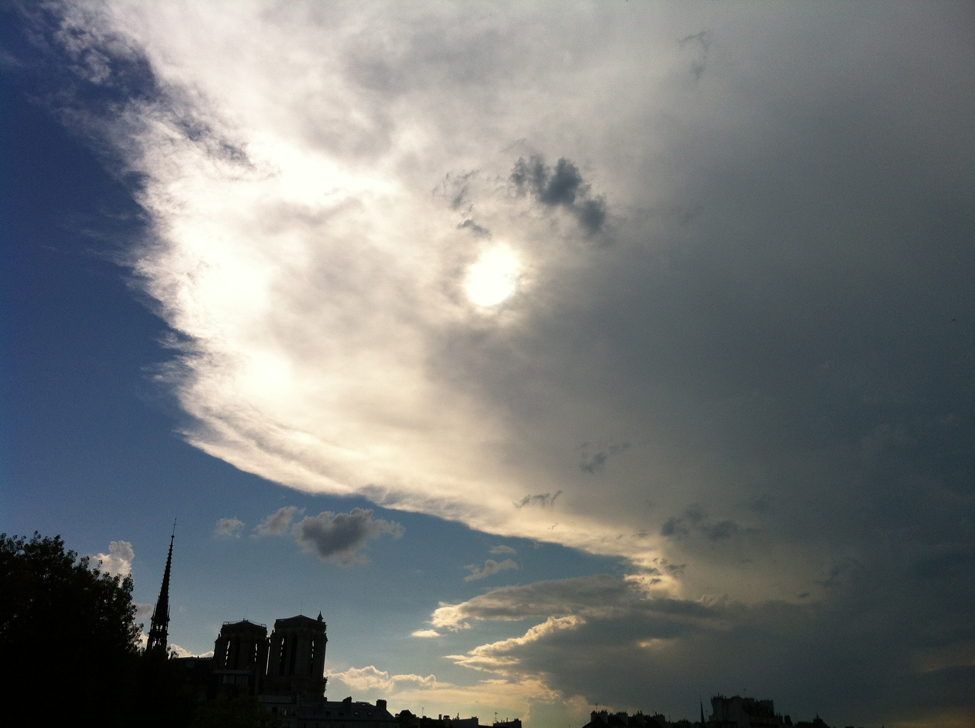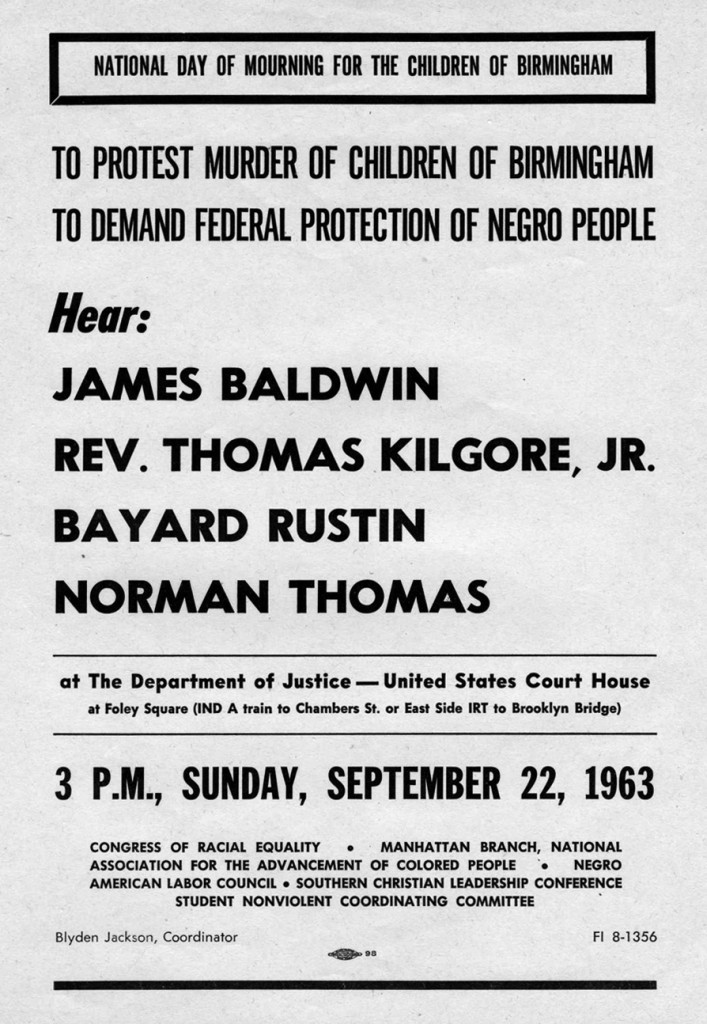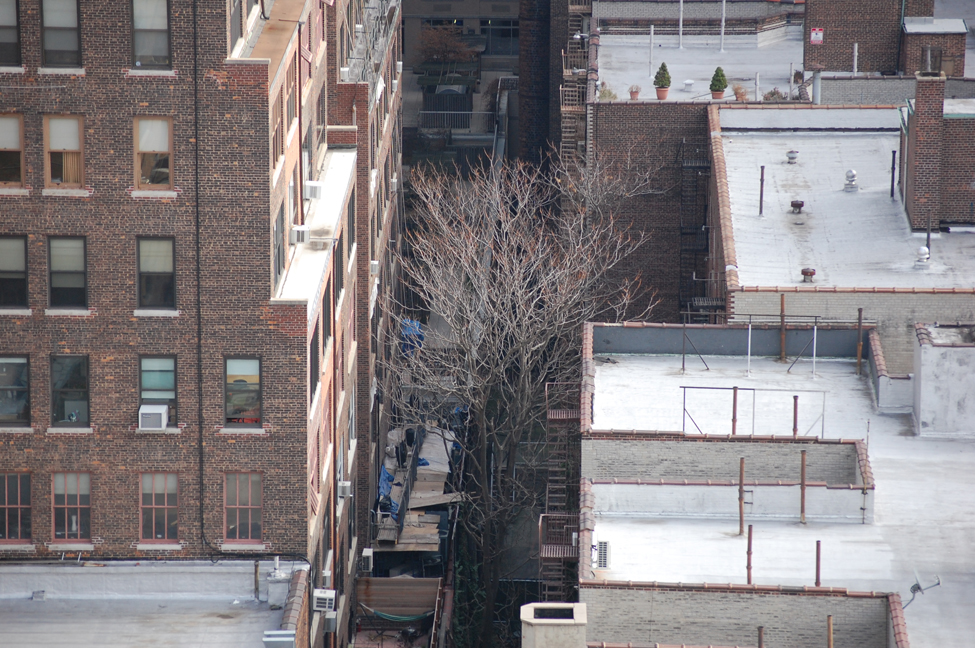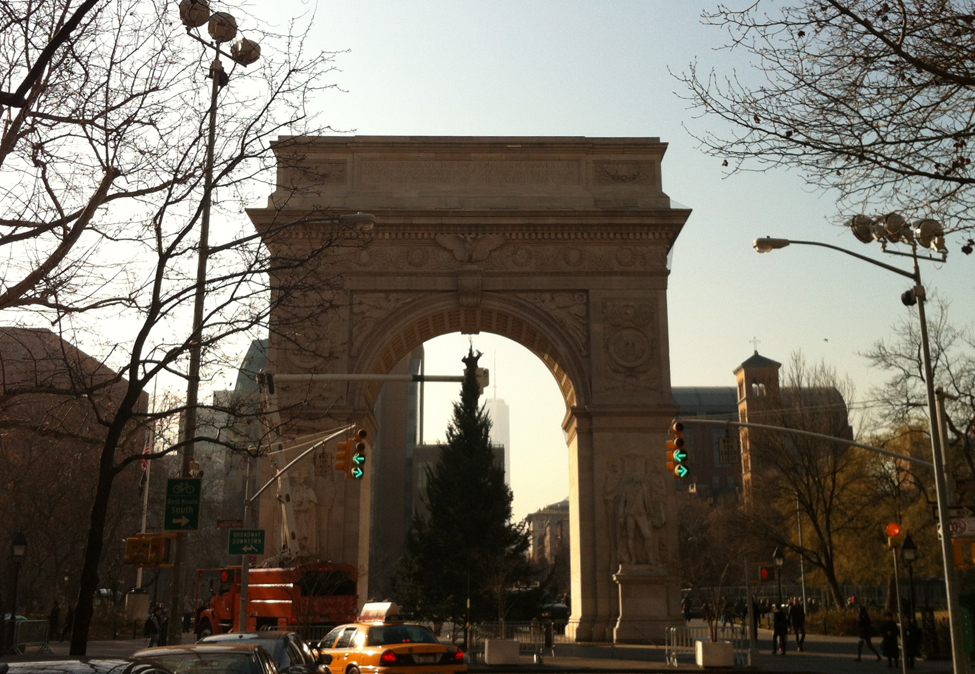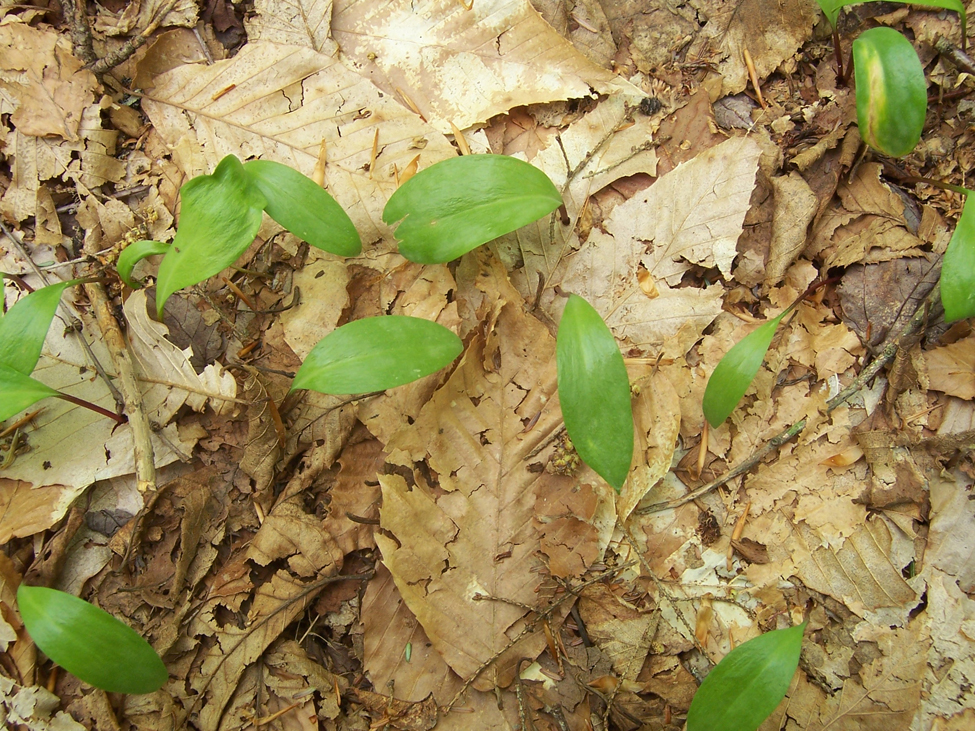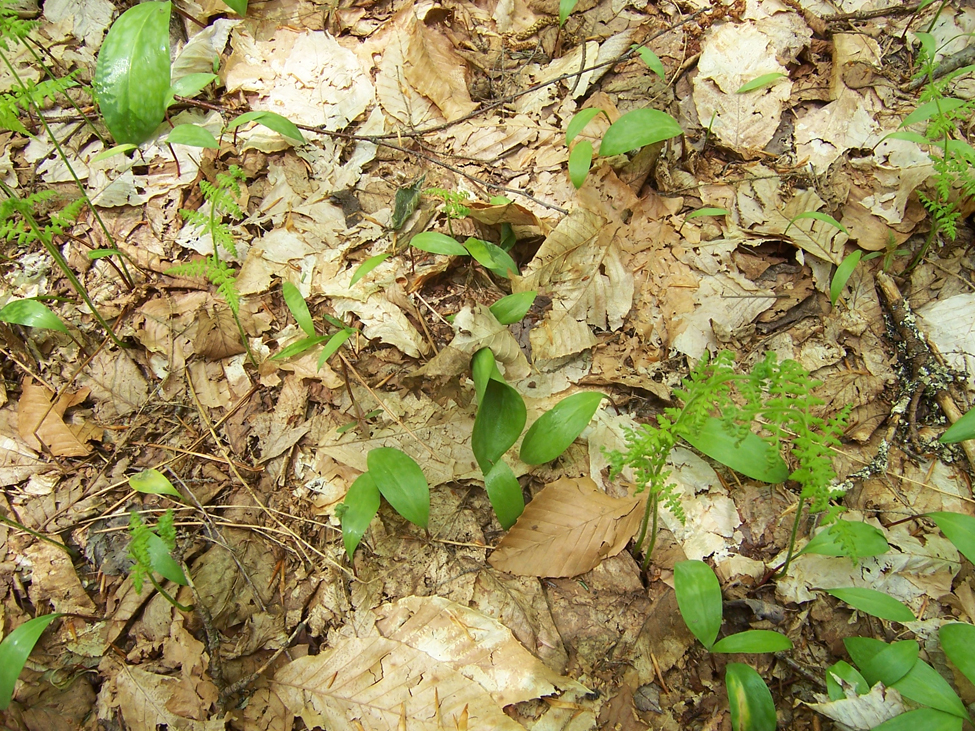XXI
Ecosystem. Egosystem. What a difference a tail makes.
Pop up. Prop up. What a dissonance ‘r’ us.
Krater full of Kool-Aid. The final solution to the existence question.
What if existence were (not problematized)?
Ideas like “body,” “soul,” and their taskmaster-slave “religion,” multiply like feral swine sans predators until the only “salvation” is the Savior, the Cliff, the Sea.
‘r’ us.
The great Western project: reification of dis-ease: the science of waiting for, yearning for, praying for what has already arrived – for what has, in fact, been here all the time.
Pace Estrago’, pace Vladdy. It’s only obliterature and nothing more.
Why wait any longer for the world to begin
You can have your cake and eat it too
Why wait any longer for the one you love
When he’s standing in front of you?
Sang Zimmerman back in the day.
Though our existence is never so threatened as when we come to suspect we do not exist. q.v. Ratso Rizzo: “I’m walkin’ here! I’m walkin’ here!”
Saloojee, mon amour.
And besides his defining line, Ratso also said: “Hey, no doctors, no cops. Don’t be stupid.” Once upon a cowboy in the midnight West.
I couldn’t kairos less.
Unsure as to the precise location of hell in the afterlife, Man set out to build it on earth.
After millennia of uncertainty, he arrived at a construction project worthy of the name, and, so he imagined, of his destiny. The Tower of Babel, costly as it was, had proven insufficiently consuming to power a civilization. What was needed was a real job of work, something that would entail the majority of his energies, something it would take a long time to complete and whose ongoing demands could reliably be passed along to future generations. A something so lengthy in its timespan, so elaborate in its ambitions that it was almost a process. But not quite, for Man envisaged an end. And now, looking about, can we really say there is anything left for our daughters and sons to do but admire our handiwork, and accept with whatever grace they may muster, the fullness of their inheritance, the (finally) ripened fruits of their lineage: our toil?
So many, so many card-carrying members of the obliterati.
A certain Li Qing Yun, having been born in 1677 in Sichuan province, died there after many adventures (he joined the army at the age of 71) in May, 1933.
In 1827, the Chinese government congratulated him on his 150th birthday, though he modestly claimed to be a mere lad of 90.
Many years later, when asked the secret of his longevity he said: Keep a quiet heart, sit like a tortoise, walk sprightly like a pigeon, and sleep like a dog.
He is reputed to have practiced herbalism, Ba Gua Zhang, qigongs and the Golden Fluid Meditation.
For many years, I imagined I was the river. Now I see that I am a water wheel.
Infinite compassion for the infinite self.
Oh premises, premises, their kind of premises can just destroy a life…
The hook. The line. The sinker.
Yes, yes. Plato and Aristotle couldn’t stand the heat, so they split the kitchen. We followed them down and now, see, we’ve landed up in hell.
“The Chinese mind,” says Jullien, and by this I think he means the sage and ancient Chinese mind as expressed in writing, “whether engaged in thoughts of hygiene, morality or strategy, is always prepared to scrutinize the infinitesimal, the source of evolutions whose ultimate consequence, unfolding of its own accord, is infinite.”
There’s an apocryphal tale that in one of their Détante meetings leading to the “opening up” of China, Henry Kissinger asked Zhou Enlai for his analysis of the effect of a recent political event, to which Zhou replied obliquely: “It’s much too early to tell the result of the French Revolution.”
Jullien continues: “By the same token, Xi Kang observes if a single watering can delay a drought, a single rage may attack our nature [emphasis mine] and initiate its corruption.
Said Xi Kang, a Daoist literatus, lived in the third century shortly after the collapse of the Han dynasty and wrote a famous essay on hygiene. Among other thinkers of his moment, Xi found himself, quite naturally, drawn to the question of “feeding one’s self” – in every sense the phrase implies – and its implication for the cultivation of life-nourishing practices. For Xi, waiting until the onset of symptoms – symptoms that seemingly appeared out of nowhere – before beginning treatment could not be an efficacious approach to conserving one’s health and energy – or by extension, the health and energy of the state.
We must attend, Xi suggests, “to the slightest deviation well in advance of the crisis that will some day result from it. If we do that… we realize that the crisis has no ‘beginning’; we are surprised by the suddenness of an event only when we fail to perceive the silent transformation by which the malady has logically progressed.”
And when I read this I thought of the trade center.
A café full of Apples® doth not an orchard make.
And stoicism is not the Way. Nor pathos the path.
Preoccupy Wall Street.
Panoccupy Wall Street.
The bell. The book. The candle.
Why you’re as comfortable as a goat on the side of a dam!
And the writer in me found a moment of self-recognition in Xi’s description of one classic mode self-depletion, wherein some “repress their emotions and renounce their appetite for glory, but with the object of their desire before them and the object of their hopes still dozens of years in the future, they fear losing both. They begin to doubt and struggle with themselves until, caught between the near (which attracts them) and the far (of promise), they get exhausted and give up,” not realizing that “everything is decided at a more subtle stage… they want to move quickly, but the situation evolves slowly.”
Nowadays “stress,” with its sneaky-snaky sibilant has become The Precious: the preciousss pressure which squeezes us and strangles us (stringere) and, silently spreading, straddles our sensibilities. But ah, the excess. Ah, the surging stimuli!
I was a mini-app for the FBI.
Steadily study the sui generisss as they passesss.
And wait, on the stoop, for Sua Sponte. She’s worth the time.
Ah, the concrete, the pre-stressed concrete self.
Ah, the elderly protocols.
And traces of peanut danced in their heads.
How then, amidssst all this, to play the long game?
Writing, well, it’s the best defense.
“Unity” is not the same as indivisibility (integrality) or vice versa.
Thus, by learning, over centuries, to distinguish objects with evermore precision and to divide human experience into discrete compartments, e.g. medical, moral, spiritual, the West arrives at the grand impasse of its own devise. Call 1800-Daedalus and you just get voicemail.
And look at those goats, deployed along the near vertical side of a dam. And grazing.
Le mot d’impasse-partout: stress.
¡Ay, el estrés me vuelve loco! (me enferma, me mata, etcétera.)
Yes, stress: the ultimate pass-impasseword, liberated by who know how many Pandoras from its technical origin in physics.
And, like but not like, Odysseus, we attempt to sail between Shock and Stress, our ears naked before a Siren Song (not Solomon’s!) of an altogether more pernicious kind.
I am not sure whether I am sorry or glad to tell you this, dear friends, we who call ourselves writers. But we are neither writers, or are we any longer writing. It may be that we have lost the capacity to write, or that we have simply abandoned the practice en masse, or some combination of the two.
In any case, no amount of physical pages or word processed .docx will fool succeeding generations into imagining that we, children of this moment, actually wrote. Certainly the words we inscribed will be of little use to them in that necessary task of struggling to cohere a human self among others. If anything, our masses of letters will serve to define a critical time of depletion in the human spirit, a mad chatter over and about false selves, a kind of shivering to try to keep warm when we have given up all forms of embrace for our individual or micro-tribal hypothermia, and each act is a desperate one, not of commun(icat)ion, but rather of bare reflex working outside the zone we used to think of as mind.
Where is the breadcrumb trail? Or Ariadne’s thread? It is not so much that we have lost our minds as that our minds are lost to us. Even this, children. Even this.
TOO BLESSED TO BE STRESSED read the bumpersticker on the side of the falling-down Puerto Rican-owned newsstand on my corner. All those years since Frank’s God News was pulled down and replaced with a stainless steel and glass kiosk manned by Masud, his slogan stays with you. But always in the inverse.
East b east, and west b west. So tell me: how long the twain’s been gone.
Unto John appears an angel, clothed in a cloud, wreathed in a rainbow, face radiant as the sun, legs like pillars of fire – one planted on earth, the other in the depths of the ocean. From the cloud, said angel produces a little book and commands John to eat it. But it will make my belly bitter, protesteth John. The better that you take in its message divine, replies the angel.
So goes the record of what went down on Patmos. But in Dürer’s woodcut, for all the sharpness of line and articulated form, one cannot really say whether the apostle is devouring the book, or disgorging it.
Say, Eccles, my good man, what did you see at the museum?
Ah, well, I, ahh, watched the statues move.
The non-ideal, which is nonetheless replete.
Resist the imperative!
How’s that for a pair of ducks?
Sois flegmatique! Be zen, yo! As if one could.
How to resolve, I almost said dissolve, the imperative mode?
If we don’t lock it, or hold it by main force, the gate swings open, and closed, by itself.
Galen: On the Passions and Errors of the Soul. Four hundred years since Aristotle and finally we’re getting somewhere!
How are you going, friend?
Spleendidly, just speendidly!
When mood becomes mode, print the legend. This is the West, Sir.
A gatekeeper don’t require much equipment. All she needs is one good ear and an oilcan.
Departmental memo from NYC’s newly (re)appointed police chief:
We must, we must, we must increase our busts!
I was a tableau vivant for the FBI.
Calvin Tomkins: Since you’ve stopped making art, how do you spend your time?
Marcel Duchamp: Oh I’m a breather, I’m a respirateur, isn’t that enough?
Immortal Semele visits downtown Manhattan on a clear morning in early autumn. Transforming the material she finds there, the goddess creates great cauldron of flame shaped like a scalene trapezoid, measuring some 3502 Attic stadia, and filled with whirling dust. Eventually, the omphalos draws an ever-increasing stream of pilgrims. But for several months, all attempts to quench the flames prove unavailing. No matter the quantity of water poured into it, the furious pit will not be subdued. The earth is scorched there, certainly. But anyone observing without prejudice recognizes that this is a fire of a different sort than that which Prometheus gifted the mortals. It seems immune to the elements, as eternal as Semele herself, and to possess, and be possessed of a life – a mind, even – all its own.
XXII
To lead is to mislead.
Any line of highly directed inquiry obscures a thousand others.
One galley slave to another: Rowing with you is just oarsome!
Whenever a technocat speaks of The Cloud, you think of Tiepolo. And Cuckoo Land.
BESTWAY on the cab of a passing flat truck. With your glasses off in the snow, you read BESTIARY.
Anna H. writes from Bremen. She closes her email “See you in the close future.” And somehow, you feel embraced, for what could be nearer to the close future than now?
Tribe and tribulation.
What is the distinction that makes a difference.
What is the relation between a backlist and a blacklist?
There’s them that’s breathing and them that ain’t.
If g*d gives you “i”s, make iPhones.
“White” people seem not so much white as blanched.
Misguiding is guiding.
Asks Baudelaire in his dedication (à Arsène Houssaye) of Le Spleen de Paris:
Quel est celui de nous qui n’a pas, dans ses jours d’ambition, rêvé le miracle d’une prose poétique, musicale sans rythme et sans rime, assez souple et assez heurtée pour s’adapter aux mouvements lyriques de l’âme, aux ondulations de la rêverie, aux soubresauts de la conscience?
Who among us has not, in our ambitious days, dreamed of the miracle of a poetic prose: musical, yet without rhythm or rhyme, sufficiently flexible and angular enough to accommodate lyrical motions of the soul, undulations of reverie, sudden starts of consciousness?
Who indeed?
Slowly I turned…
MaFiA
One if by lamb, two if by sheep.
“Once again, the Daoist sage puts words in Confucius’s mouth: it is enough if ‘day and night without the slightest interruption, we remain as fresh as springtime in our relations with the world.’ As in the Chinese martial arts, the absence of any interruption in the dynamic flow indicates one must remain open to the virtue of transition per se; similarly, the invocation of springtime does not instruct us to remain attached to spring (and therefore regret its passing) but tells us to keep pace with life’s constant growth. Such persistence, unlike Stoicism, is evolving, not resolute.…
“When Chipped Tooth asks the Clothed One about the ‘way,’ dao in the Zhuangzi, the latter responds: …when ‘the way dwells in you, your pupils will be like those of a newborn,’ your gaze will be naive, ingenuous, uninformed, and ‘you will no longer ask questions about causality.’ The sempiternal and exhausting why of things will come up empty…
“Relaxation is so fully achieved in this passage that Chipped Tooth, at last relinquishing the tedious inquiries of intelligence, ‘falls into a deep sleep’ even before the Clothed One has finished speaking. The humor is directed at both the prescriptions of ritual and the relationship between master and disciple, which one must learn to reverse.”
—Jullien, Vital Nourishment, pp. 147-149.
Ko Hung’s text from the fourth century says that:
Wounding occurs when our thought is troubled with things for which we lack talent; also when we force ourselves to do lifting without the requisite strength. Sadness, decrepitude, uneasiness and torment are wounds, as is also excessive joy. Constant covetousness wounds as do long conversations and the telling of pointless stories… archery contests, drunkenness and its vomitings… abstention from sexual intercourse – all of these are wounds.
How then not to be wounded? Ko’s list of proscriptions is long, but among them are these: Do not listen too intently. Do not look too long… Don’t strain your eyes to see too far… Don’t overextend your will or desires. Don’t scheme to achieve something ingenious… Don’t overemphasize any of the five savors when eating, for too much acidity [sourness] harms the spleen, too much bitterness harms the lungs, too much salt harms the heart, too much acridity [spiciness] harms the liver, too much sweetness harms the kidneys.
From Alchemy, Medicine and Religion in the China of A.D. 320: The Nei Pien of Ko Hung, translated and edited by James R. Ware, New York: Dover Publications, 1966, Decoding the Dao: Nine Lessons in Daoist Meditation by Tom Bisio. Outskirts Press, 2013.
How to move out of the way of your life so that it can unfold?
Tiger is free. Monkey is free. Tiger acting like monkey gets hung up. Monkey acting like tiger is quickly eaten.
The trout lily – how does it do that?
Hidden Master and Goldenthal were walking near the Neversink on a spring morning. Goldenthal pointed to the side of the path: look, he said, trout lilies. Hidden Master looked, and saw trout lilies by the score, pushing up through a blanket of last year’s beech leaves. Looking more closely he saw that some – in fact a great many – of the trout lily stems were sticking up through holes in the dead leaves. He asked Goldenthal, who knew a great deal about plants and their dispositions, if it was possible that the trout lilies had made the holes in the leaves, and if so how they done it? Goldenthal shook his head and said he didn’t see how the trout lilies could have bored their way through the leaves. Yet to Hidden Master, it seemed improbable that so many trout lilies had been lucky enough to emerge beneath leaves that already had holes in them. Or that they had somehow intuited holes in leaves above them and directed their shoots with enormous accuracy toward them. And then, one would think that the force of a shoot poking up with all the energy of spring behind it would be sufficient to displace a dead leaf.
So he got down on his knees and tried to discover an answer. Goldenthal pointed to a trout lily shoot stuck, half-emerged, in a hole through a dead leaf. Though the new leaf had had pushed the dead leaf several inches off the ground, it was only partially unfurled, and seemed trapped by the skeletal embrace of the dead leaf’s veins.
Hidden Master thought about the mystery and proposed an explanation to Goldenthal, who was reluctant to give it credence. It was not even on the following year, but only the year after, when again they encountered the same configuration of shoots and leaves throughout the woods – that Goldenthal was willing to accede to the possibility that Hidden Master’s guess might not be incorrect.
